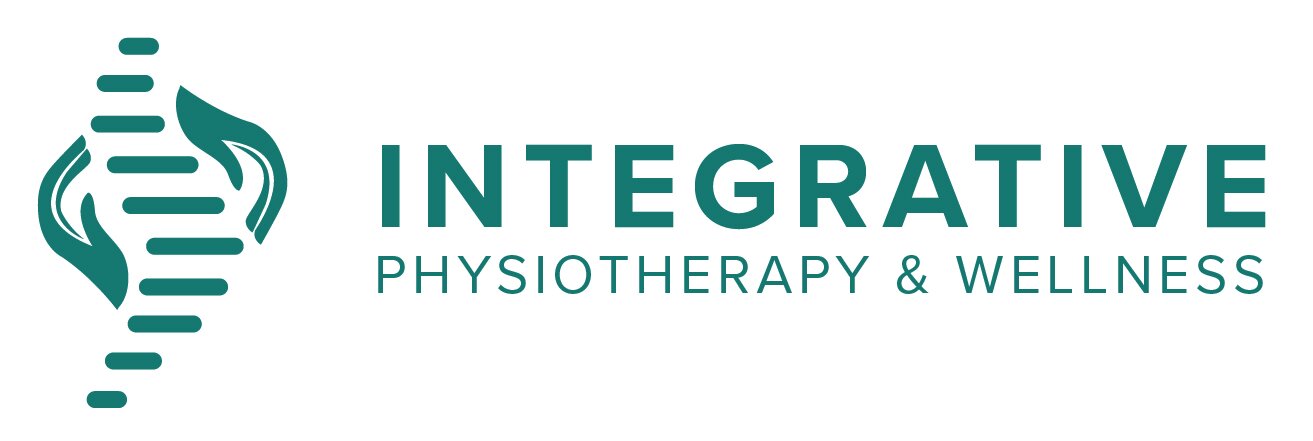Lymphedema Treatment in Barrie, On.
What is Lymphedema?
The lymphatic system plays a crucial role in the body’s defence against disease and infection. It consists of lymph fluid, lymph nodes, and lymph vessels, which work together to maintain your immune function and overall health.
Lymph Fluid: Contains white blood cells that help fight infections.
Lymph Nodes: Act as filters, blocking infections by capturing and eliminating toxins and germs.
Lymph Vessels: Serve as pathways for lymph fluid, transporting it throughout the body.
When the lymphatic system is functioning properly, it helps keep your body healthy by preventing infections and removing waste. However, when the system becomes damaged or faulty, lymph fluid can accumulate in the tissues, leading to swelling and other symptoms, which are early indicators of lymphedema.
Types of Lymphedema: Understanding Primary and Secondary Lymphedema
Primary Lymphedema:
Some individuals are born with a faulty lymphatic system, which can be due to genetics or developmental issues during fetal growth. This condition is known as primary lymphedema, and it is a lifelong condition with no known cure. However, with continuous management and care, individuals can improve their quality of life and minimize symptoms.
Secondary Lymphedema:
Other individuals may develop lymphedema due to damage or blockage in their lymphatic system. This is referred to as secondary lymphedema. One of the most common causes is cancer treatment. Surgeries involving the removal of lymph nodes (such as those for breast, cervical, prostate, or melanoma cancers) can disrupt the lymphatic system. Additionally, radiation therapy can damage lymph vessels and nodes, leading to the onset of secondary lymphedema. Other causes of secondary lymphedema include trauma from accidents, injuries, or burns.
Who is at Risk of Secondary Lymphedema?
Understanding your risk factors is crucial to preventing or delaying secondary lymphedema. Some common risk factors include:
Cancer patients or survivors (especially after surgery or radiation involving lymph nodes)
Surgical procedures or radiation therapy that impacts lymph nodes
Accidents or injuries
Severe burns
Tips to Reduce Your Risk of Secondary Lymphedema:
Take care of your skin: Avoid cuts, punctures, and other points of entry for infection.
Maintain a healthy weight: Excess weight can put extra strain on the lymphatic system.
Engage in daily deep breathing and exercises: These promote blood circulation and lymphatic flow.
Alert your healthcare provider: Inform them of your risk when undergoing bloodwork, blood pressure checks, or injections.
Early Signs of Lymphedema:
Being aware of the early signs can help in the early detection and management of lymphedema. Symptoms may include:
A feeling of fullness or heaviness in the affected area
Numbness, stiffness, or an achy sensation
Tightness in the skin
Decreased movement or flexibility
Difficulty fitting into clothing, jewelry, or shoes
Swelling in the affected limb or area
Treatment and Therapy for Lymphedema:
If you notice any early signs of lymphedema, it's important to consult your family doctor or healthcare provider immediately. Early diagnosis can lead to better treatment outcomes and prevent the condition from worsening.
Common lymphedema therapies include:
Manual Lymph Drainage (MLD): A specialized massage technique that helps redirect lymphatic fluid to functioning lymph nodes.
Compression Therapy: The use of compression garments to control swelling and support lymphatic drainage.
Exercise: Tailored exercises designed to promote lymphatic flow and improve mobility.
Skincare: Essential in preventing infections that could worsen the condition.
Other treatment options may include pneumatic compression, laser therapy, Kinesio taping, surgery, and medications. The goal of treatment is to reduce swelling, manage symptoms, and prevent further complications.
Lymphedema therapies should always be provided by a certified lymphedema therapist.
Information provided by www.lymphontario.ca
Integrative Physiotherapy is a clinic in Barrie that takes a patient-centred approach, offering personalized, one-on-one care with a focus on hands-on (manual) therapy. Our mission is to empower patients by delivering high-quality, tailored treatments in a friendly and engaging environment. We use the most effective treatment techniques to ensure every patient feels supported, motivated, and cared for.
Our therapists are dedicated to ongoing skill development, providing thorough assessments and individualized treatments without the use of assistants or double-booking. This ensures you receive focused attention to reach your functional and sports goals as efficiently as possible.
We're here to help you achieve your goals! Contact us today to book an appointment—don’t let pain hold you back!


